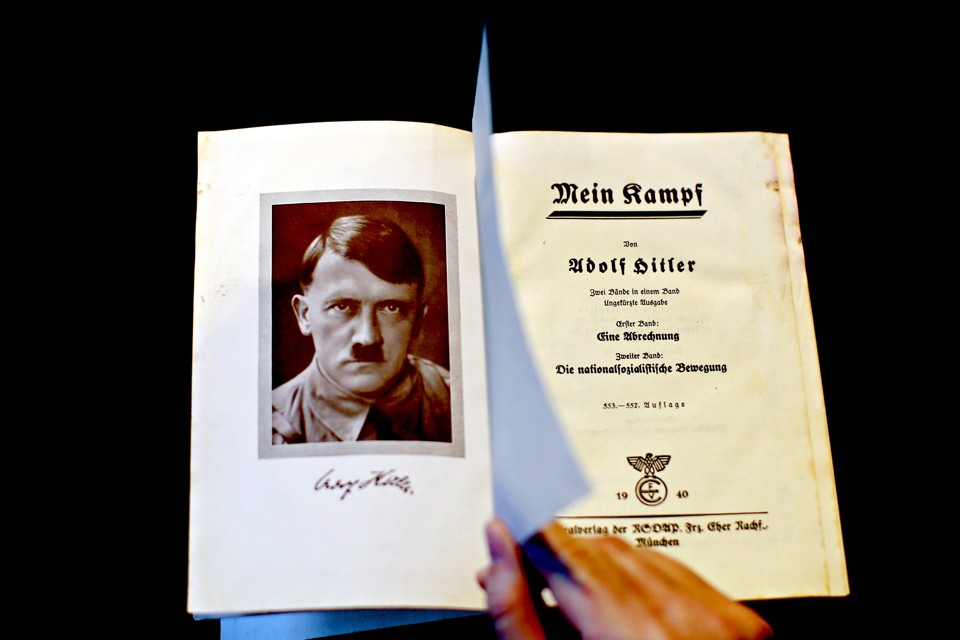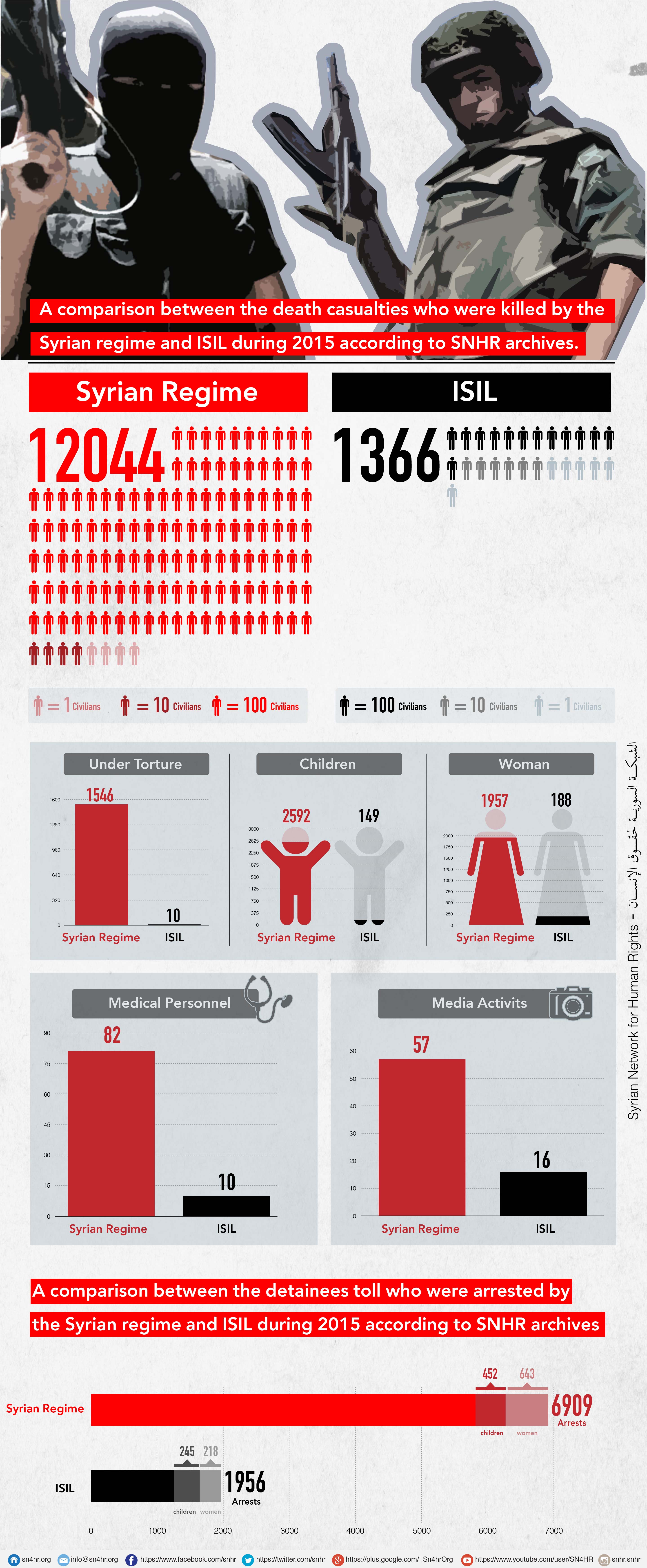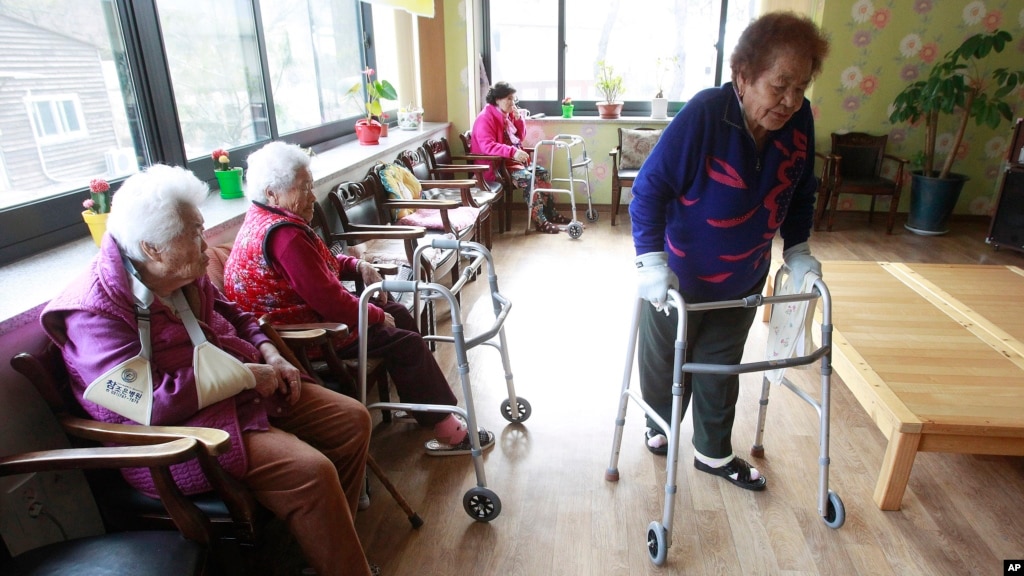|
|||||||||
|
Mein Kampf Enters Public Domain, Set to be Republished in Germany
by Shelby Vcelka
Impunity Watch Desk Reporter, Europe
BERLIN, Germany–
For the first time since the conclusion of the Second World War, Mein Kampf will be available to the general public in Germany. The manifesto, written by Adolf Hitler in 1925, served as a documentation of his plans to take over Germany and lead the country. After the Allied Powers defeated Nazi Germany in 1945, they handed the copyright of the book over to the German state of Bavaria, where local authorities announced they were banning production of the work to prevent igniting racial tensions in the post war period. Since then, Mein Kampf has been completely out of print within Germany, and its dissemination was made a criminal offense.

Under German law, a copyright can be held through the life of the author, and 70 years after that person’s death. The work enters into the public domain on January 1st of the following year. In Hitler’s case, those seventy years ended on April 30th, 2015, with Mein Kampf entering the public domain on January 1st, 2016.
Munich’s Institute of Contemporary History is set to publish the new edition of Mein Kampf, with thousands of academic notes, intended to give context to the reader.
The ban’s lift has not been without mixed opinions and criticism. Many accept that times have changed since Mein Kampf was first published, but want an updated introduction and editor’s notes to preface the work. An endnote noting work’s relationship to today’s international politics has also been pushed for, so racial tensions will not be reignited as a result of the new publications.
“Mein Kampf is an important historical document and it should not be erased or forgotten, but it remains important to explain clearly what this work set out to achieve,” commented Philippe Coen, president of the European Company Lawyers Association.
German officials have announced they will limit access to the work amid concerns that neo-Nazi sentiments will arise. The new editions are set to be released on January 8th.
For more information, please see–
The Atlantic–Who’s Afraid of Mein Kampf?— 31 December 2015
NPR–‘Mein Kampf’ Enters Public Domain; Arguably, Anne Frank’s Diary May, Too— 31 December 2015
BBC– Copyright of Adolf Hitler’s Mein Kampf expires— 1 January 2016
CNN– Hitler’s ‘Mein Kampf’ to be republished in Germany next week— 1 January 2016
SNHR: A comparison between the death casualties who were killed by the Syrian regime and ISIL during 2015 according to SNHR archives

Japan and South Korea Reach Agreement on WWII Comfort Women
By Christine Khamis
Impunity Watch Reporter, Asia
SEOUL, South Korea –
South Korea and Japan reached a settlement on Monday to resolve their long-standing dispute over the women forced to serve as sex slaves for the Japanese army during World War II. The women, otherwise known as comfort women, have been a major point of contention between the two countries since the end of World War II.
In the settlement, Japan issued an apology and pledged to give $8.3 million from its national budget to the South Korean government to set up a fund for the remaining comfort women. The fund will offer services such as medical care to the former comfort women. It is unclear at this time whether the women will receive direct payments from the fund.
Japan has conceded that its military authorities contributed to the enslavement of the comfort women. However, Japan has not admitted to having any legal responsibility for the acts of its military officials. It instead seems to consider the new fund as a humanitarian gesture rather than an effort at making legal reparations.
Tens of thousands of Korean women were forced to act as comfort women to the Japanese during Japan’s colonial rule of South Korea and throughout World War II. Most comfort women who survived World War II lived in silence instead of speaking out because of the stigma surrounding their role as sex slaves. In the 1990s, some of the women finally began to speak out about their experiences. Only 238 South Korean women have come forward throughout the decades. Currently, 46 former comfort women women are still alive.

South Korea says that it will consider the issue of comfort women “finally and irreversibly” settled as long as Japan follows through with its end of the deal. On its own part, South Korea has agreed to negotiate with local civic groups for the removal of a statue of a comfort woman which stands in front of the Japanese embassy in Seoul.
Japan and South Korea’s agreement has already drawn criticism, some of it coming from former comfort women themselves. One such woman, 88 year-old Lee Yong-soo, says that the settlement does not reflect the views of former comfort women. Ms. Lee says that the former comfort women are not looking for money and that they want official reparations from Japan instead.
This is not the first time that Japan has apologized for its treatment of comfort women. In 1993, Japan formally acknowledged and apologized for its use of sex slaves. Japan also created a fund for the comfort women in 1995, financed by private donors. South Korea and some of the remaining comfort women criticized the fund because it did not come directly from Japan’s government. Many of the former comfort women refused to take payments from the fund. The fund was then disbanded in 2007.
Earlier in 2015, President Park of South Korea called for the settlement of the issue of comfort women with Japan by the end of the year. This year marks the 50th anniversary of the start of diplomatic relations between Japan and South Korea.
For more information, please see:
Voice of America – Comfort Women Criticize Japan, South Korea Settlement – 29 December 2015
BBC – Japan and South Korea agree WW2 ‘comfort women’ deal – 28 December 2015
The Guardian – Japan and South Korea Agree to Settle Wartime Sex Slaves Row – 28 December 2015
The New York Times – Japan and South Korea Settle Dispute Over Wartime ‘Comfort Woman’ – 28 December 2015
Syria Deeply – When Barrel Bombs Fall, Enter the White Helmets
|